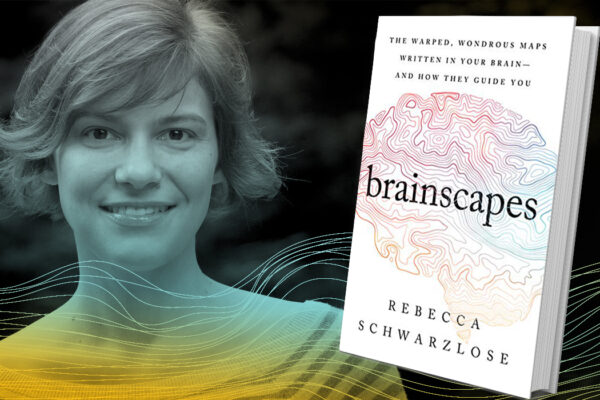De Fer named director of Division of General Medicine
Thomas M. De Fer, MD, a nationally recognized leader in medical education, has been named director of the Division of General Medicine within the Department of Medicine at Washington University School of Medicine.
International team finds new mechanism critical for formation of membrane vesicles
A collaboration between Washington University in St. Louis, Université de Montréal and McGill University discovers a new importance of biomolecular condensates.
NIH research funding to School of Medicine continues explosive expansion in 2021
Researchers at the School of Medicine were awarded $575.8 million in funding from the National Institutes of Health (NIH) in federal fiscal year 2021, according to the School of Medicine’s 2021 State of the School Report. This is an all-time high for the school.
Racial equity in Alzheimer’s research focus of $7 million in grants
Two research teams at Washington University — one led by Joyce Balls-Berry; the other led by Darrell Hudson and Ganesh Babulal — have received grants totaling $7 million to advance racial equity in Alzheimer’s disease research.
For children, young adults with recurrent AML, immunotherapy shows promise
Researchers at Washington University School of Medicine have shown, in a small clinical trial, that pre-activated natural killer cells can help some children and young adults with recurrent acute myeloid leukemia and few other treatment options.
Asthma may reduce risk of brain tumors — but how?
Asthma has been associated with a lowered risk of brain tumors, and researchers at Washington University School of Medicine now think they know why: Immune cells activated under conditions of asthma are less able to promote the growth of brain tumors.
Covey, Milbrandt, Moran named to National Academy of Inventors
Washington University in St. Louis faculty from the School of Medicine and the McKelvey School of Engineering have been elected fellows of the National Academy of Inventors, the highest professional distinction reserved solely for academic inventors.
Antipsychotic drugs may increase risk of breast cancer
Researchers at Washington University School of Medicine have found that many commonly prescribed antipsychotic medications are associated with a significant increase in risk of breast cancer.
Mapping the brain
Our brains make maps to help navigate the world. In her latest book, Rebecca Schwarzlose examines how these maps shape our world.
Impacting millions
His work in pharmaceuticals has brought drugs to market that have saved countless lives, and Frank Jiang is just getting started.
Older Stories









